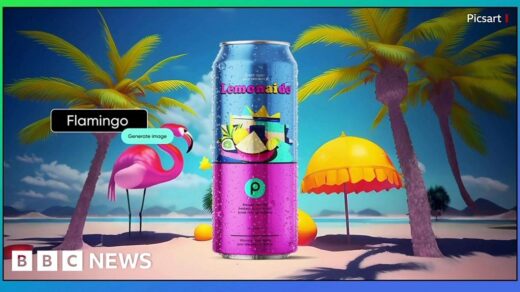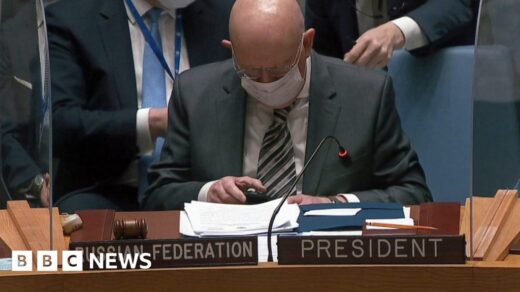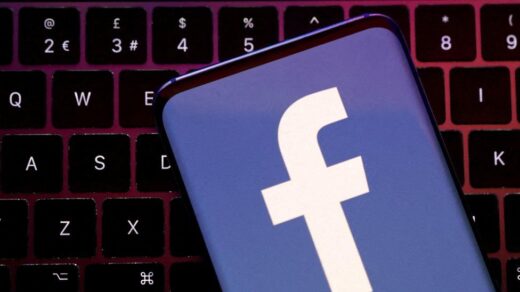When Julia Wandelt claimed on social media that she was Madeleine McCann, the British girl who disappeared in Portugal in 2007, she faced significant online backlash. In a new series exploring online hate and the potential for forgiveness, Julia shares her motivations and regrets.
Julia, a 22-year-old from Poland, created an Instagram account called @iammadeleinemccan, sparking outrage among online communities dedicated to the unsolved case of Madeleine McCann’s disappearance. Julia insists she never intended to cause harm and was merely trying to understand her own identity.
In retrospect, Julia says she would never have created the Madeleine McCann profile, as she believes social media can be destructive. For a BBC Radio 4 podcast series called Why Do You Hate Me?, I’m investigating the behavior of individuals like Julia on social media.
Julia’s original account no longer exists, but I found her personal account through an online group dedicated to analyzing her posts. Julia agreed to share her side of the story, and we spoke multiple times over several weeks.
Julia attributes her actions to a traumatic childhood, including sexual abuse and isolation at school. She also experienced patchy memory from her childhood, which led her to question whether she had been adopted or even kidnapped.
In her quest for answers, Julia stumbled upon Madeleine McCann’s case online. She noticed similarities between herself and Madeleine, including a rare eye condition they both share. Despite contacting the police in Poland and the UK, Julia felt ignored and turned to social media for validation.
Her posts attracted both support and criticism, with some even sending death threats. Despite this, Julia continued posting in her pursuit of truth. Her story eventually gained international attention, leading to an appearance on the Dr Phil show in the United States.
A DNA test later confirmed that Julia is not Madeleine McCann. Despite some followers turning against her after this revelation, others continued to support her. Julia has since apologized to the McCanns for any distress she may have caused.
The Find Madeleine campaign and individuals connected to the McCanns have expressed their willingness to accept Julia’s apology. Julia now views her experience as a learning opportunity and insists on sharing her side of the story.
Social media platforms have policies to protect users from hate and disinformation, but none of them responded with a comment about Julia’s case. Despite the challenges she faced, Julia now sees herself as a strong individual.
While social media can offer a sense of belonging, it can also trigger hate due to opposing community views. Offline, people seem more open to understanding and kindness, which are truly human qualities.









